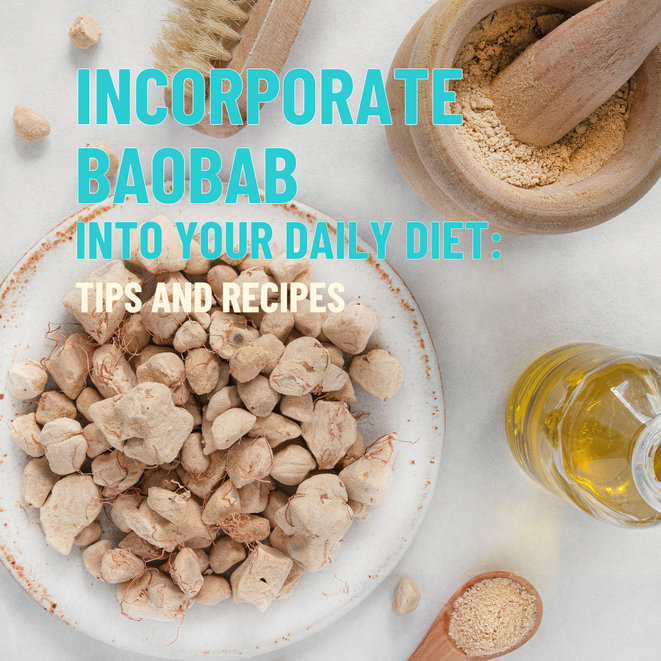Overcoming the dreaded January Blues with Ginger & Turmeric
January is often considered the most challenging month of the year. After the festive season, when joy and cheer were abundant, the New Year brings with it a reality check. The holiday lights fade, the temperatures drop, and many people experience a dip in their mood. This phenomenon is commonly known as the January Blues, and it can have a significant impact on our overall well-being.
Understanding the January Blues
What exactly are the January Blues? It refers to a state of low mood, decreased motivation, and overall feelings of sadness or lethargy that people often experience in the first month of the year. While it is not classified as a clinical condition, it affects a substantial number of individuals.
Why are they more prevalent in January?
There are several factors that contribute to the increased prevalence of the January Blues. Firstly, the end of the festive season can be a letdown for many. The excitement and anticipation leading up to the holidays often dissipate quickly, leaving a void.
As the holiday decorations are packed away and the cheerful music fades, the reality of returning to work or school sets in. The contrast between the joyous holiday atmosphere and the mundane routine of daily life can be disheartening. The once vibrant and bustling streets become quiet and empty, adding to the sense of post-holiday blues.
Secondly, the weather during this time of year can be gloomy and cold, limiting outdoor activities and reducing exposure to natural light, which can impact mood. The lack of sunlight can disrupt the body's production of serotonin, a neurotransmitter that regulates mood, leading to feelings of sadness and lethargy.
The January Blues are a complex phenomenon influenced by various factors. The combination of post-holiday letdown, gloomy weather, pressure to set resolutions, and financial strain can contribute to feelings of sadness, fatigue, and decreased motivation. It is important to recognise and address these emotions, seeking support and engaging in self-care activities to navigate through this challenging period.
The Power of Ginger and Turmeric
Fortunately, nature provides us with powerful allies in our quest to overcome the January Blues. Ginger and turmeric, two potent ingredients, have been renowned for their healing properties for centuries.
Let's delve deeper into the incredible health benefits of ginger and turmeric.
The Health Benefits of Ginger
Ginger is a versatile ingredient that offers numerous health benefits. It has anti-inflammatory properties, aids digestion, and can help alleviate symptoms of nausea. The active compounds in ginger, such as gingerol and shogaol, have been shown to have powerful antioxidant effects, protecting the body against oxidative stress and reducing inflammation.
But that's not all! Ginger has also been found to have antimicrobial properties, helping to fight off harmful bacteria and viruses. It can even boost the immune system, making it an excellent choice for staying healthy during the winter months.
Furthermore, ginger has been shown to have mood-enhancing effects. It stimulates the release of serotonin, a neurotransmitter that plays a crucial role in regulating mood. By increasing serotonin levels, ginger can help improve overall well-being and combat the January Blues.
Whether used in cooking, as a tea, or consumed as a Unrooted Mighty Ginger Shot, which contains 25% pure ginger juice, ginger is a true powerhouse when it comes to promoting health and well-being.
The Healing Properties of Turmeric
Turmeric, known for its vibrant yellow colour, is a powerhouse of antioxidants. It contains a compound called curcumin, which is responsible for many of its health benefits.
Curcumin has potent anti-inflammatory effects, making it a popular natural remedy for conditions such as arthritis and joint pain. It works by inhibiting the activity of inflammatory enzymes and reducing the production of inflammatory molecules in the body.
But the benefits of turmeric don't stop there. In addition to its anti-inflammatory and brain-boosting effects, turmeric has been linked to a reduction in symptoms of depression and anxiety. Studies have shown that curcumin can increase levels of brain-derived neurotrophic factor (BDNF), a protein that plays a crucial role in promoting the growth and survival of nerve cells. Low levels of BDNF have been associated with depression and anxiety disorders, so increasing its production through turmeric consumption may have mood-lifting effects.
With its impressive array of health benefits, turmeric is an ingredient that deserves a place in everyone's kitchen.
So, next time you're in need of a health boost, reach for Unrooted’s Mighty Ginger and Punchy Turmeric Shots. These powerful ingredients have stood the test of time and continue to provide us with a natural way to enhance our well-being.
Incorporating Ginger and Turmeric into Your Diet
Adding ginger and turmeric to your diet can be a delightful and effective way to boost your mood and overall well-being during the challenging month of January.
Ginger, with its unique spicy and aromatic flavour, has been used for centuries in various cuisines and traditional medicine practices. Not only does it add a zing to your dishes, but it also offers numerous health benefits. Ginger contains gingerol, a bioactive compound with powerful anti-inflammatory and antioxidant properties. Consuming ginger regularly may help reduce muscle pain and soreness, lower blood sugar levels, and even alleviate symptoms of nausea and indigestion.
When it comes to incorporating ginger into your meals, the possibilities are endless. Consider adding freshly grated ginger to stir-fries, soups, or marinades for a burst of flavour. You can also add Unrooted’s Mighty Ginger and Punchy Turmeric Shots to hot water for a refreshing and hydrating beverage.
Easy Ways to Add Turmeric to Your Meals
When it comes to incorporating turmeric into your meals, there are plenty of options to explore. Add a pinch of turmeric powder to curries, rice dishes, or roasted vegetables to give them a beautiful golden hue and a subtle hint of warmth. You can also blend turmeric into smoothies or create a creamy and aromatic golden milk by combining turmeric, milk, and a blend of ingredients like cinnamon and ginger.
For those looking to experiment with turmeric in their cooking, here are a few recipe ideas:
- Golden turmeric cauliflower rice with toasted almonds
- Spiced turmeric lentil soup with a squeeze of fresh lemon
- Turmeric and coconut milk smoothie bowl topped with fresh fruits and nuts
- Turmeric-spiced roasted chicken with a side of roasted vegetables
- A dash of Unrooted’s Mighty Ginger Shots to liven up a salad
These recipes not only showcase the versatility of turmeric but also provide a delightful burst of flavours and textures that will satisfy your taste buds.
In conclusion, the science behind ginger and turmeric's mood-enhancing properties is truly fascinating. Ginger's ability to modulate neurotransmitters and act as an antioxidant, combined with turmeric's promotion of BDNF and anti-inflammatory effects, make these ingredients valuable additions to our diet for improving mood and overall well-being, particularly during the January Blues.



